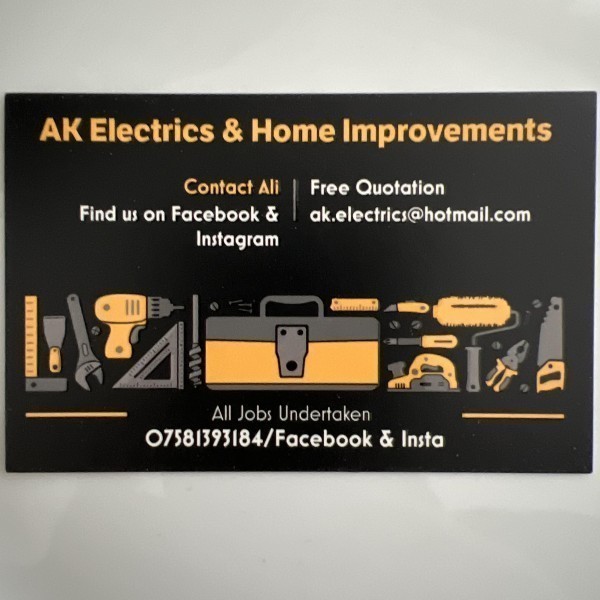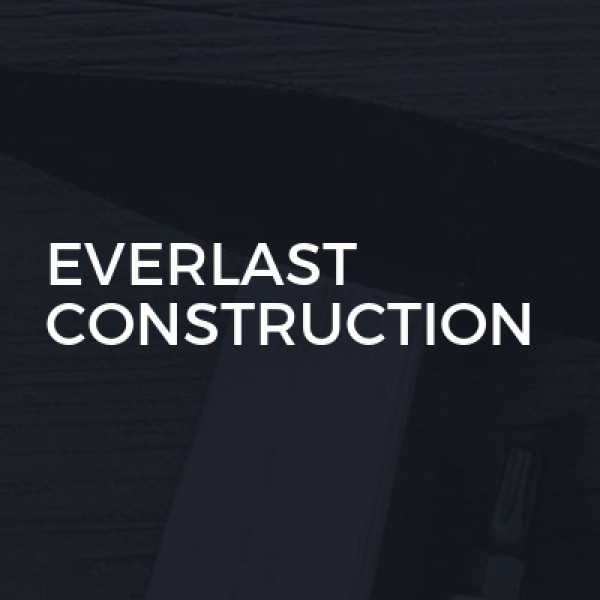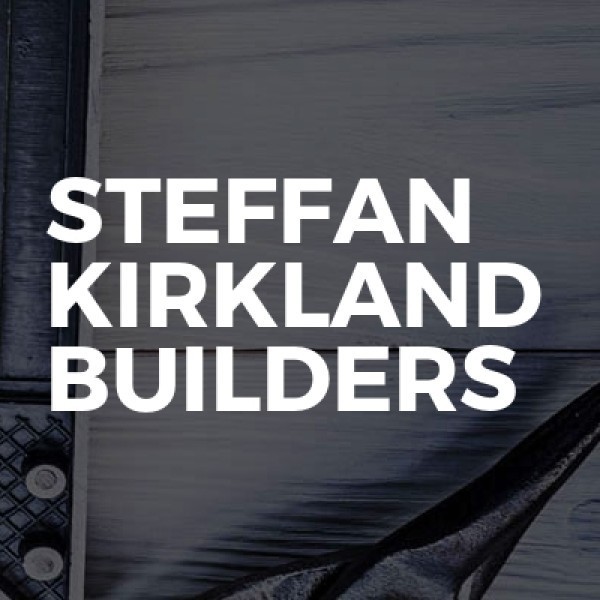Loft Conversions in Derby
Filter your search
Post your job FREE and let trades come to you
Save time by filling out our simple job post form today and your job will be sent to trades in your area so you can sit back, relax and wait for available trades to contact you.
Post your job FREESearch Loft Conversions in places nearby
Understanding Loft Conversions in Derby
Loft conversions in Derby have become a popular choice for homeowners looking to maximise their living space without the hassle of moving. By transforming an unused attic into a functional room, you can add significant value to your home. Whether you need an extra bedroom, a home office, or a playroom, a loft conversion can be a cost-effective solution. In this article, we'll explore the ins and outs of loft conversions in Derby, providing you with all the information you need to make an informed decision.
The Benefits of Loft Conversions
Loft conversions offer numerous benefits, making them an attractive option for many homeowners. Firstly, they increase the living space in your home without the need for an extension, which can be more costly and time-consuming. Additionally, a well-executed loft conversion can significantly boost your property's value, often by more than the cost of the conversion itself. Moreover, loft conversions can be tailored to suit your specific needs, providing a versatile space that can evolve with your family's requirements.
Cost-Effectiveness
Compared to other home improvement projects, loft conversions are relatively affordable. The cost will vary depending on the size and complexity of the conversion, but generally, they offer a good return on investment. By utilising the existing structure of your home, you can avoid the expenses associated with building from scratch.
Increased Property Value
One of the most compelling reasons to consider a loft conversion is the potential increase in property value. A well-designed conversion can add up to 20% to your home's value, making it a smart financial decision. This is particularly beneficial if you plan to sell your home in the future.
Customisable Space
Loft conversions offer a blank canvas for creativity. Whether you envision a cosy bedroom, a bright and airy office, or a fun playroom for the kids, the possibilities are endless. You can customise the space to meet your specific needs and preferences, ensuring it complements your lifestyle.
Types of Loft Conversions
There are several types of loft conversions to choose from, each with its own set of advantages. The most common types include dormer, hip-to-gable, mansard, and roof light conversions. The choice will depend on your budget, the existing structure of your home, and your personal preferences.
Dormer Loft Conversions
Dormer conversions are one of the most popular options, as they provide additional headroom and floor space. This type of conversion involves extending the existing roof to create a box-like structure, which can accommodate windows and doors. Dormer conversions are suitable for most types of homes and offer a good balance between cost and added space.
Hip-to-Gable Loft Conversions
Hip-to-gable conversions are ideal for homes with a hipped roof, where the roof slopes on all sides. This type of conversion involves extending the sloping side of the roof to create a vertical wall, resulting in more usable space. Hip-to-gable conversions are particularly popular in semi-detached and detached homes.
Mansard Loft Conversions
Mansard conversions are typically more complex and expensive but offer the most additional space. This type of conversion involves altering the entire roof structure to create a flat roof with steeply sloping sides. Mansard conversions are often used in terraced houses and can significantly increase the living area.
Roof Light Loft Conversions
Roof light conversions are the most cost-effective option, as they involve minimal structural changes. This type of conversion simply adds windows to the existing roof, allowing natural light to flood the space. Roof light conversions are ideal for homes with sufficient headroom and are a great option if you're on a tight budget.
Planning Permission and Building Regulations
Before embarking on a loft conversion in Derby, it's essential to understand the planning permission and building regulations involved. While many loft conversions fall under permitted development rights, meaning they don't require planning permission, there are exceptions. It's crucial to check with your local council to ensure compliance with all regulations.
Permitted Development Rights
In many cases, loft conversions can be carried out under permitted development rights, which allow certain types of work to be done without planning permission. However, there are specific criteria that must be met, such as the height of the conversion and the materials used. It's important to verify that your project qualifies for permitted development before proceeding.
Building Regulations
Regardless of whether planning permission is required, all loft conversions must comply with building regulations. These regulations ensure that the conversion is structurally sound and safe for habitation. Key areas covered by building regulations include fire safety, insulation, and access. It's advisable to work with a qualified architect or builder who can guide you through the process and ensure compliance.
Choosing the Right Contractor
Selecting the right contractor is crucial to the success of your loft conversion. A reputable contractor will have the experience and expertise needed to bring your vision to life while adhering to all regulations. When choosing a contractor, consider their experience, references, and portfolio of past projects.
Experience and Expertise
Look for a contractor with extensive experience in loft conversions, as they will be familiar with the challenges and intricacies involved. An experienced contractor will be able to offer valuable advice and solutions to any issues that may arise during the project.
References and Reviews
Ask for references from previous clients and read online reviews to get a sense of the contractor's reputation. Positive feedback from satisfied customers is a good indicator of a reliable and trustworthy contractor.
Portfolio of Past Projects
Review the contractor's portfolio to see examples of their work. This will give you an idea of their style and the quality of their craftsmanship. A diverse portfolio demonstrates the contractor's ability to handle a variety of projects and adapt to different client needs.
Design Considerations for Loft Conversions
The design of your loft conversion is a critical aspect that will determine the functionality and aesthetic appeal of the space. Consider factors such as layout, lighting, and storage to create a comfortable and practical environment.
Layout and Space Utilisation
Careful planning of the layout is essential to make the most of the available space. Consider the placement of furniture, windows, and doors to ensure a functional and efficient design. An open-plan layout can create a sense of spaciousness, while partition walls can provide privacy and separation.
Lighting and Ventilation
Natural light and ventilation are crucial for creating a pleasant and healthy living environment. Incorporate windows, skylights, and ventilation systems to ensure the space is well-lit and airy. Consider the orientation of the windows to maximise sunlight and reduce energy costs.
Storage Solutions
Effective storage solutions are essential for maintaining a clutter-free space. Built-in wardrobes, shelves, and under-eaves storage can help maximise the use of space and keep the area organised. Custom storage solutions can be tailored to fit the unique dimensions of your loft conversion.
Cost Estimation and Budgeting
Understanding the costs involved in a loft conversion is crucial for effective budgeting. The total cost will depend on factors such as the type of conversion, materials used, and labour costs. It's important to obtain detailed quotes from contractors and factor in any additional expenses that may arise.
Factors Affecting Cost
Several factors can influence the cost of a loft conversion, including the size and complexity of the project, the quality of materials, and the contractor's fees. Additional costs may include planning permission, building regulations approval, and any unforeseen issues that arise during construction.
Obtaining Quotes
Request quotes from multiple contractors to compare prices and services. Ensure that each quote includes a detailed breakdown of costs, so you can make an informed decision. Be wary of quotes that seem unusually low, as they may not include all necessary expenses.
Budgeting for Contingencies
It's wise to set aside a contingency fund to cover any unexpected costs that may arise during the project. A contingency fund of around 10-15% of the total budget is recommended to ensure you have the financial flexibility to address any issues.
Frequently Asked Questions
- Do I need planning permission for a loft conversion in Derby? In many cases, loft conversions fall under permitted development rights, meaning planning permission is not required. However, it's essential to check with your local council to confirm.
- How long does a loft conversion take? The duration of a loft conversion can vary depending on the complexity of the project, but most conversions take between 6 to 12 weeks to complete.
- Can all lofts be converted? While many lofts can be converted, some may not be suitable due to structural limitations or insufficient headroom. A professional assessment can determine the feasibility of a conversion.
- Will a loft conversion add value to my home? Yes, a well-designed loft conversion can add significant value to your home, often by more than the cost of the conversion itself.
- What is the most cost-effective type of loft conversion? Roof light conversions are typically the most cost-effective option, as they involve minimal structural changes.
- How can I ensure my loft conversion complies with building regulations? Working with a qualified architect or builder can help ensure your loft conversion meets all necessary building regulations.
Loft conversions in Derby offer a fantastic opportunity to enhance your home's functionality and value. By understanding the different types of conversions, planning permission requirements, and design considerations, you can embark on a successful project that meets your needs and budget. With careful planning and the right contractor, your loft conversion can become a valuable addition to your home, providing a versatile space that enhances your quality of life.




















